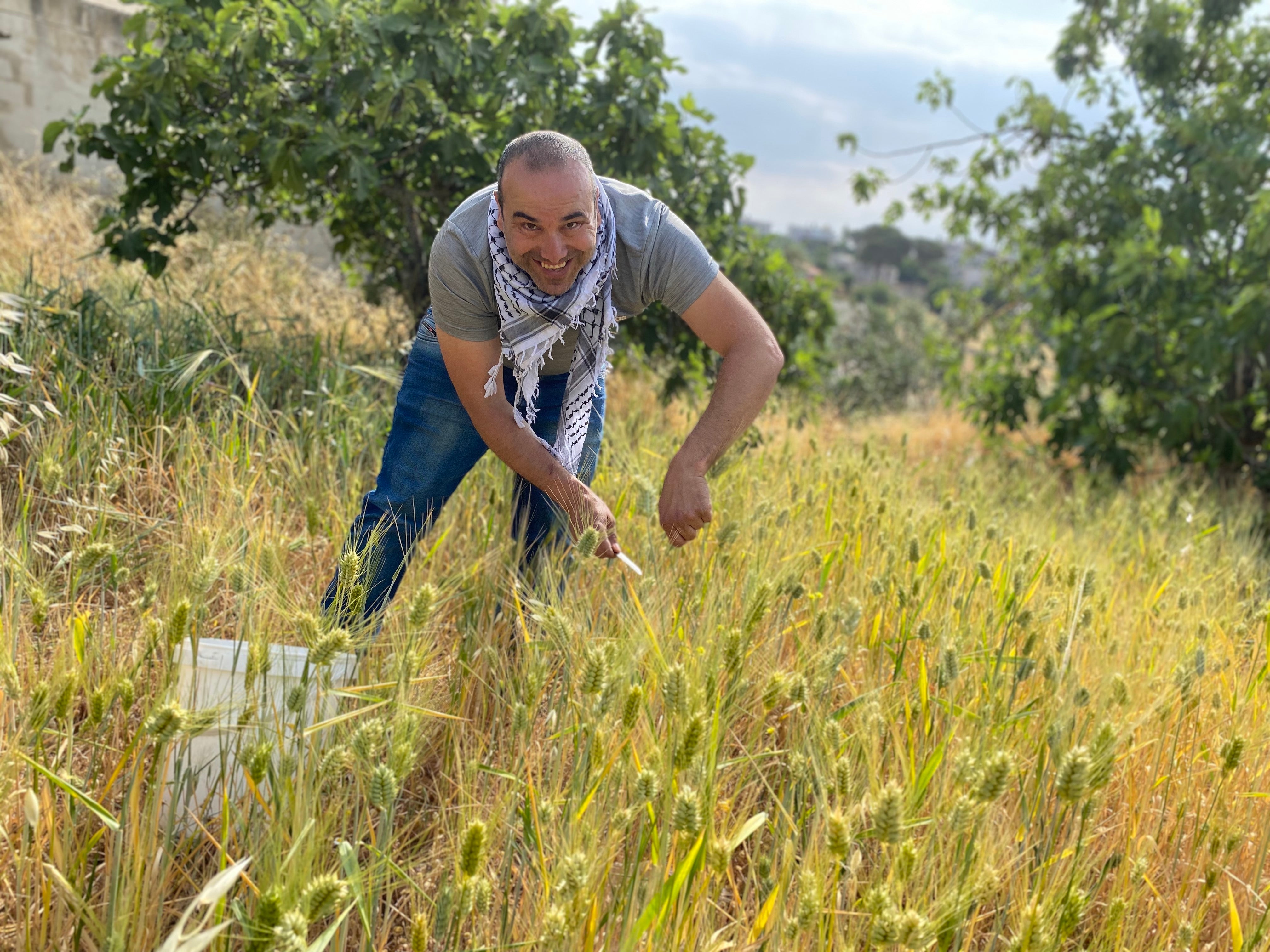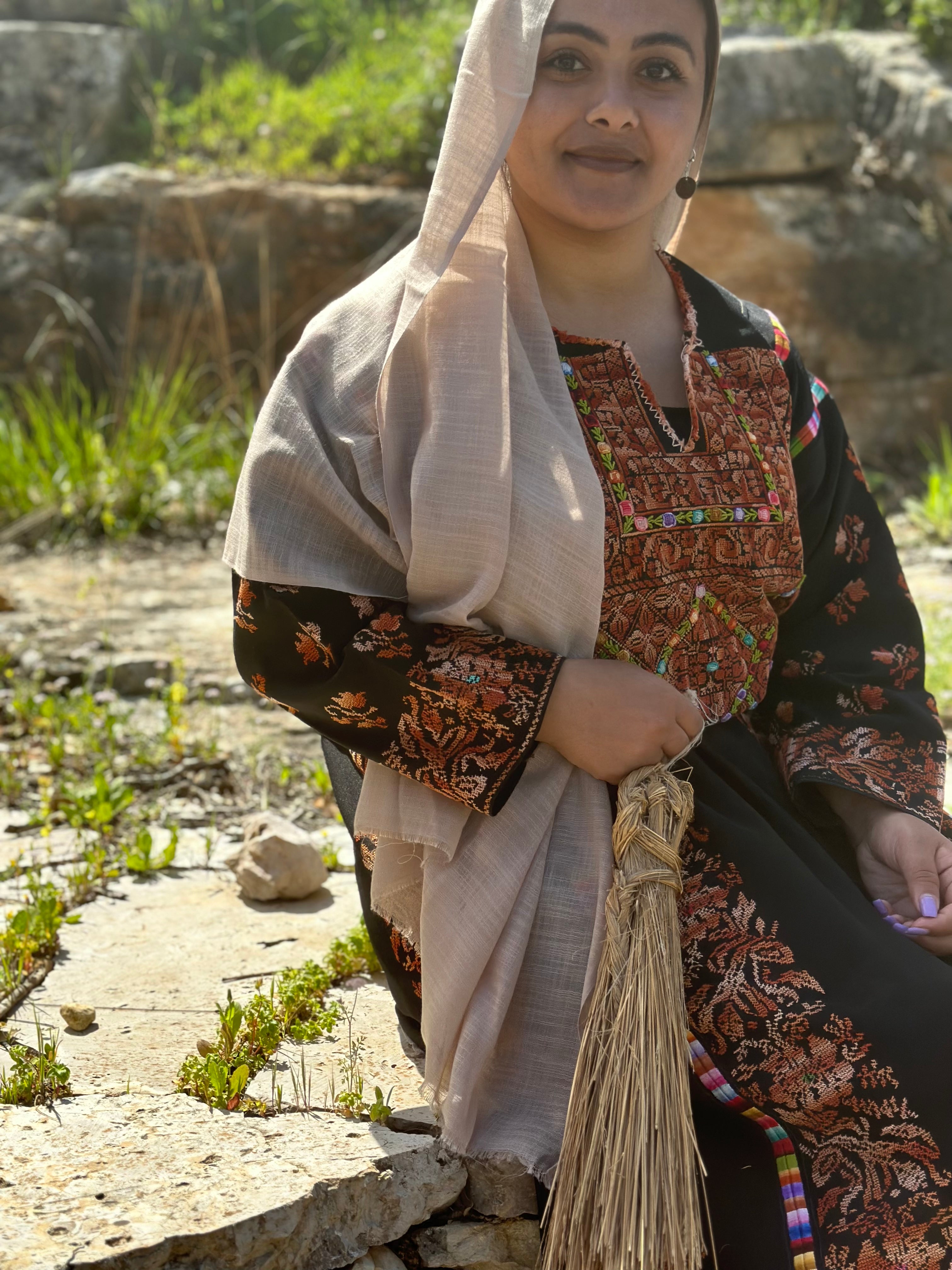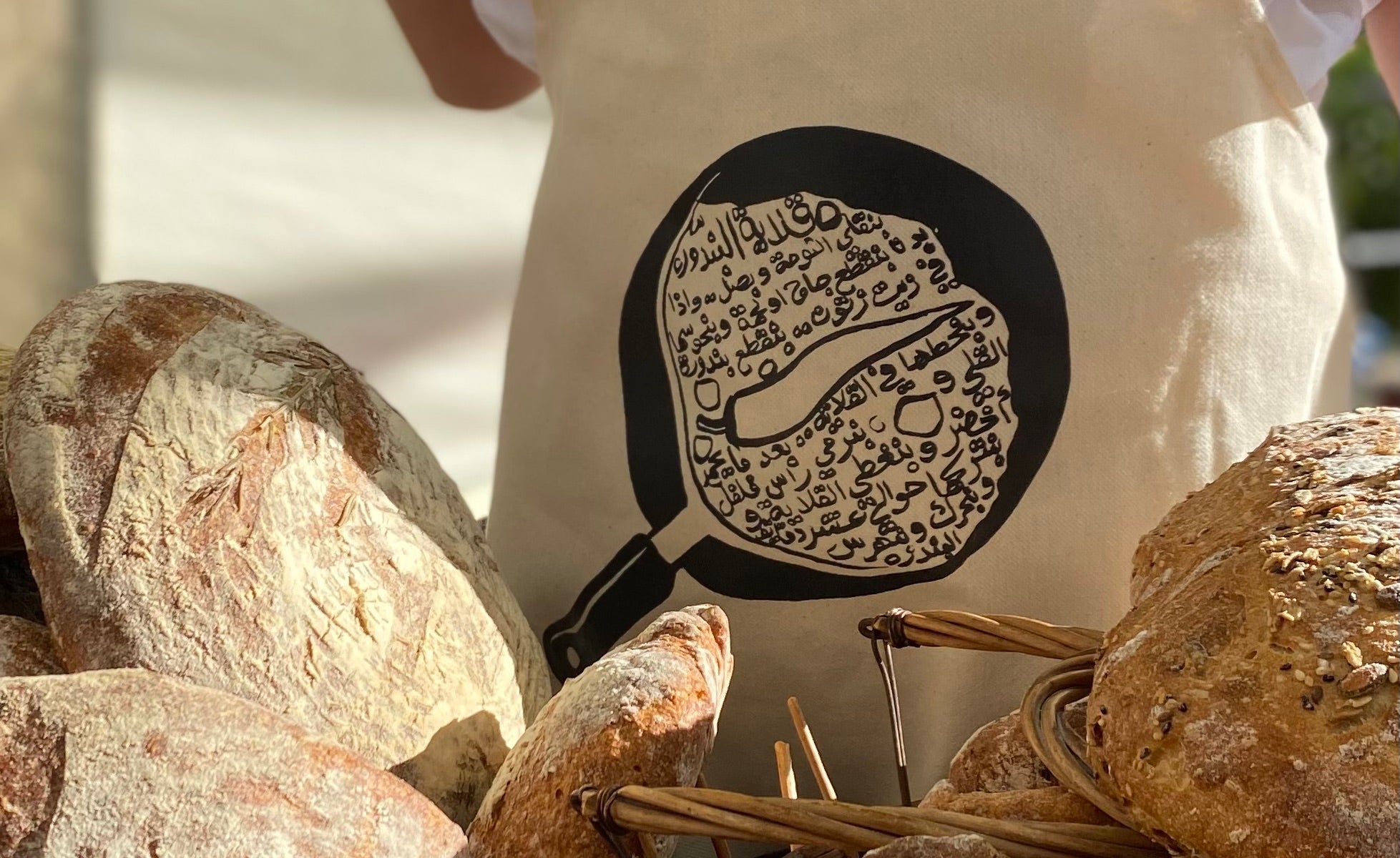
What Does World Conservation Day Mean for Palestine?
On World Conservation Day, it’s incredibly important to talk about the environmental situation in Palestine. Because of the illegal occupation, poor Palestinian governance, and general disinterest in protecting nature, biodiversity in Palestine is greatly threatened. That’s why it’s vital to truly dedicate ourselves to preserving and protecting the Palestinian environment.
Ironically, Palestinian culture is rooted in the relationship to the land. There’s a deep history of Palestinians serving as stewards of the rich and beautiful lands. But today, construction waste dumping, poor planning, and poaching are among the many threats to Palestinian flora and fauna. Often times, only the olive tree is prized for its fruits and the many products one can create from the tree, like olive wood handicrafts, oil, and soap. Other native trees and plants aren’t valued anymore. Even the wild orchids need to be protected from being picked.

Many wild animals have all but disappeared from the hills. People often hunt them until almost none remain – sometimes for meat and sometimes just for fun. Twenty years ago, gazelle sightings in the hills around Ramallah were quite common. But today we rarely see a single one. There used to be Syrian brown bears and hyenas in the hills. And while there are only a handfuls of hyenas left, there are no bears.
So when World Conservation Day comes around every year on July 28, we’re reminded of how important it is to be dedicated to protecting the land, especially in Palestine. Conservation is integral in Palestine not only to pay respect to the land, but to ensure that a future with a free Palestine includes a flourishing Palestine. So much of comes from the land, like the wild thyme that makes beloved za’atar blends or the freekeh made into delicious meals and beautiful basket weaves. These resources from the land are such a huge part of Palestinian culture, so it must be preserved.
Our friends at Mashjar Juthour are taking massive steps in this important conservation work. They preserve this beautiful nature in Palestine through tree planting, wildflower conservation, and environmental education. These steps are an immediate way to ensure that people take up active roles in conservation. With environmental education, people learn the lasting effects of their actions, both negative and positive, and are given the tools to make better environmental decisions. It’s also a way to empower Palestinians to learn about native plants, how to interact with them, and how to care for them. These steps that Mashjar Juthour takes helps to establish lasting conservation efforts in Palestine to protect, and respect, the land’s natural beauty and biodiversity.

In fact, Palestine is a hotbed of biodiversity in the region! There are over 2,500 species of plants in the country, hundreds of types of birds and mammals, and beautiful countless beautiful trees. But this biodiversity isn’t a big priority in Palestine right now because of the illegal Israeli occupation. And with this, international aid organizations mainly focus on providing emergency and humanitarian aid. So education, culture, and especially environmental conservation are constantly put on the back burner because Palestine lives in this constant crisis.
But conservation needs to become part of this crisis management in Palestine. If we keep pushing aside conservation and sustainable practices, when Palestine is finally free, there won’t be a healthy place to live anymore.
This is so vital because Palestinian cultural heritage and traditional knowledge is all rooted in the Palestinian relationship to the land.
But this responsibility extends beyond just the conservation of nature too. This affects how you operate in daily life. It can be easy to always buy fast fashion or purchase goods that are quick throw-away items, but there are lasting negative effects to these behaviors. It’s well-known that these practices have negative impacts on the environment. The conservation of nature only goes so far if you don’t also alter your own waste and purchasing habits. So of course, recycle, shop sustainably, and be intentional about your purchases.

World Conservation Day is a wonderful opportunity to remind the people about the importance of protecting the nature of Palestine and respecting the vital relationship between the land and culture. You can make a difference this year by creating sustainable habits, adopting a tree in Palestine, and influencing your friends and family to do the same!
So commemorate World Conservation Day with us and help protect the natural beauty of Palestine!






Leave a comment
This site is protected by hCaptcha and the hCaptcha Privacy Policy and Terms of Service apply.